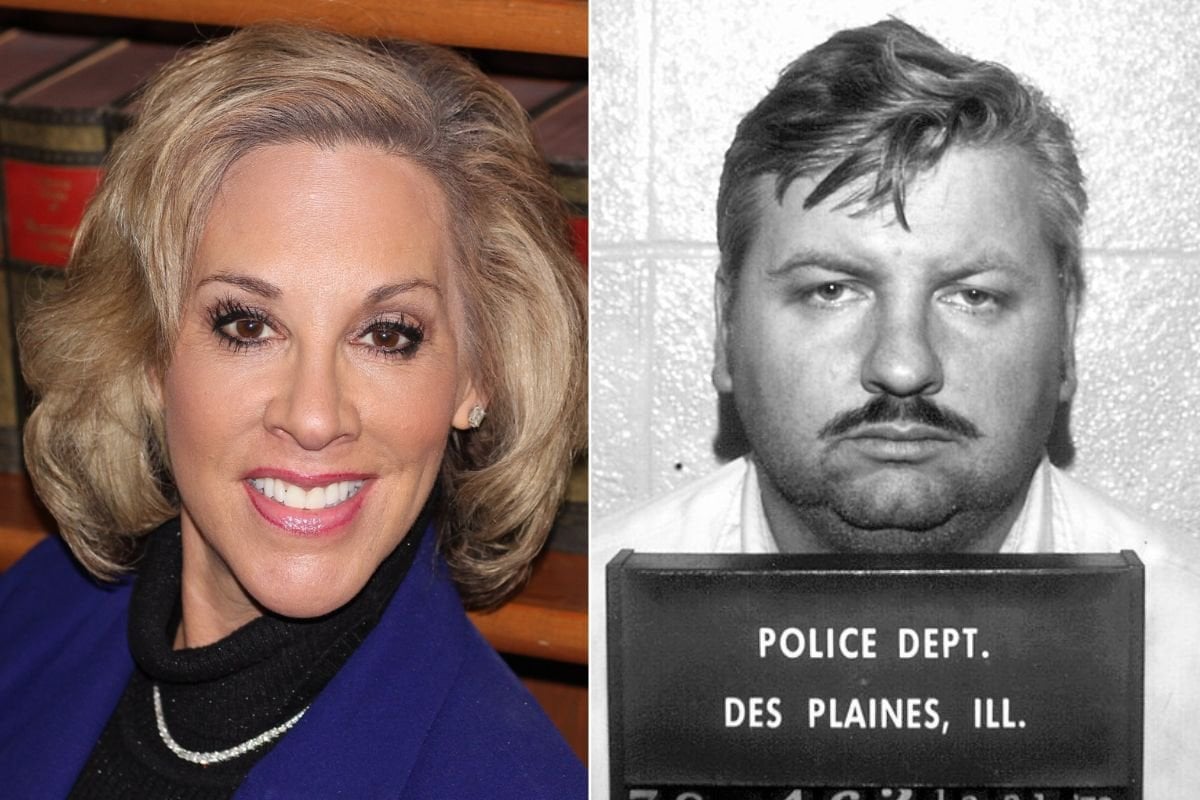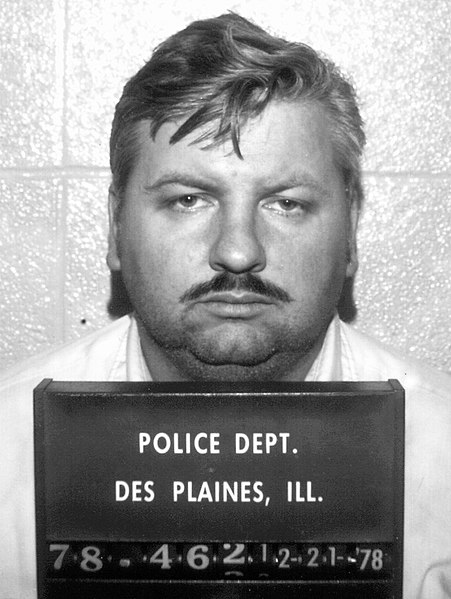
It was a long six and a half hour drive to the Illinois Stateville Correctional Center.
As she arrived at the big old prison in a rural area along the Mississippi River, Karen Conti took a minute to ready herself.
The 31-year-old was standing in front of one of the most dangerous prisons in America, and the death row section where she was headed, was even more dangerous. The people in there had committed at least one murder, if not multiple, and they had nothing left to lose.
As a woman she was ready for the unwanted attention; the catcalls, wolf whistles and gross remarks. What she wasn't ready for, was the fact she was about to meet the serial killer who had summoned her there in a room with no real security.
"When you go to visit a prisoner at this place, they're not behind a plexiglass window like you see in the movies. You are in there with all the other serial killers who are walking around free range with their visitors...it's very very intimidating," she told Mamamia's True Crime Conversations.
There were guards, but they were outside the door and as Conti said, "they probably couldn't get there in time if you needed help".
"No, it wasn't safe," she said. "But that was the way it was."
++
Karen Conti had only been a lawyer for a few years when the call came through to her office in 1993.
